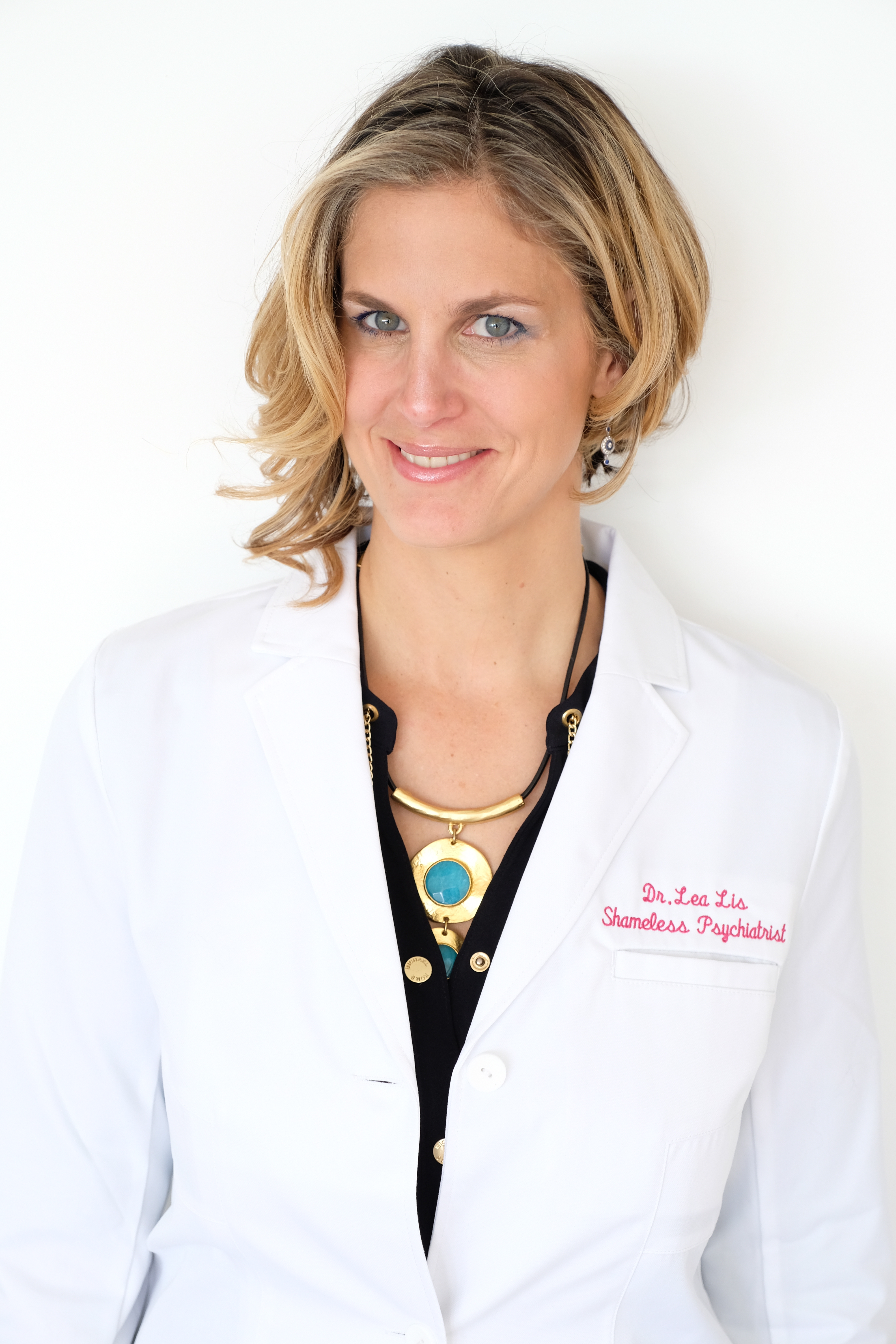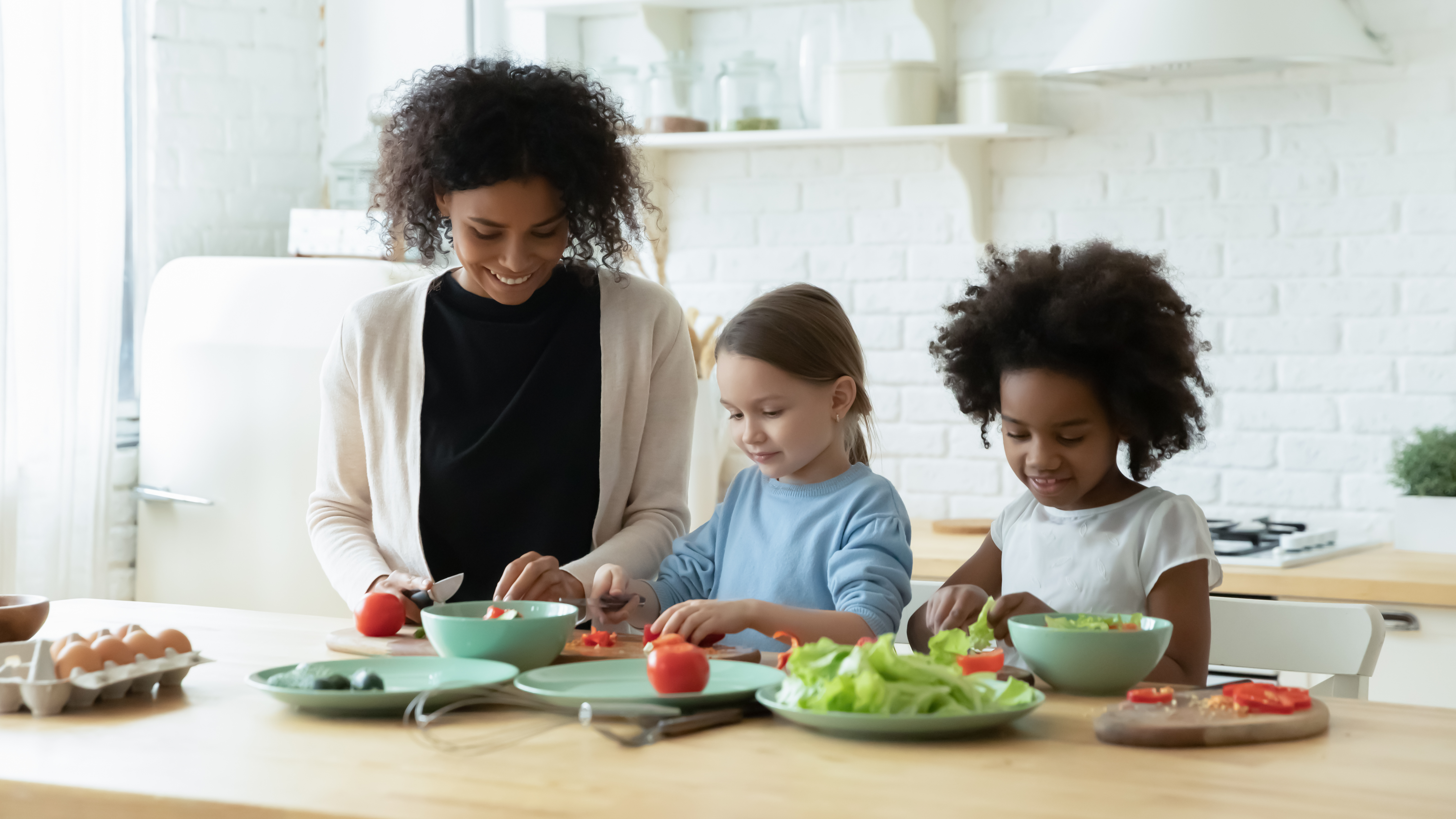I have worried for years that my white daughters will grow up too sheltered. We live in a suburban town with not enough exposure to people of color. I also worry that I will unintentionally perpetuate the color blindness which has pervaded our society. My grandparents were Tunisian and North African and faced a lot of discrimination when they first arrived in this country. However, these are stories I have heard about, but never personally experienced.
I thought I was doing enough. My daughter attends a dual-language class, which is half Hispanic. She does not seem to show any preference in her friend choices in terms of race, and all our welcome in our home. I have incorporated ideas of being open to all kinds of people for years. I welcome LGBTQ+ and all races and religions. My only requirement is that they are kind.
I have always considered the role models and mentors surrounding my children. The godmother to my second born is Mexican and the CEO of Casa Dragones, Bertha Gonzalez Nieves. Not only does she provide much needed mentorship for my darling girl, she also exposes her to amazing cultural events like the Day of the Dead in Mexico, where she learned the significance and got to dress up in traditional attire.
I have asked my friend, Wayne, who is an African American man in his 50s, to mentor my second born. Wayne does not have children of his own but wishes he had, and therefore loves to spend time with my shy child. He takes her to museums and his family events. She gets to spend weekends with him in Harlem, experiencing city life in a more diverse community.
In the wake of the #BlackLiveMatters movement, I more strongly than ever believe: Enough is it enough.
I recognize that many people naively practice “colorblindness,” which is defined as a socially acceptable bias, that lives in our personal and institutional beliefs. Its existence inhibits our ability to recognize and respond to the realities of people of color. It is not enough to simply not be a part of the problem. We need to be part of the solution. We need to be antiracist. This is more than just neglecting the issue as if it does not concern us. As Angela Davis said, “In a racist society, it is not enough to be non-racist, we must be antiracist.”
I am aware I have not done enough as a parent and as a human. The brutal, racially motivated killings of George Floyd, Breonna Taylor, and Ahmaud Arbery have shown this to me. I began brainstorming about how I can do more to educate. I have begun filling our bookshelves with content for my children to read both about the movement and with books written by Black authors. I am using the book Something Happened in Our Town: A Child’s Story About Racial Injustice to explain racial injustice to my children.
I have bought books with Black protagonists, watched movies with Black actors, and bought toys with Black figures to promote more diversity in all areas. The Center for Racial Justice has a great list. I loved the book P.S. Be Eleven and Genesis Begins Again. I also showed the emotional video by The CUT which shows Black parents explaining what to do if pulled over by the police to children. The Center for Racial Justice has a great resource list with more ideas.
I know that reading books is still not enough in the fight against antiracism.
I have explained to my children that white people immediately have an advantage in a lot of ways over African Americans or other minorities, even in ways they do not even realize. For example, they do not get pulled over as often by police, and they have better access to schools and education much of the time. Most white people do not even know they have these privileges, but they do. It also happens in smaller ways, like stores carrying products for white people’s hair and skin tones, and people of color not being paid the same amount for the same work. Of course, it also includes life threatening things, like being shot and killed just based on their skin color.
This is only the beginning and I need to do more to become an antiracist.
Just like a man can be a feminist, a person can be antiracist.
What will I do? I will advocate for social injustice and talk about this with my kids. I will share stories about role models like Martin Luther King Jr. and Rosa Parks. I will follow and support Black activists, athletes and other mentors. This includes leaders such as Neil deGrasse Tyson, Cyndee Black (a teenager with great style and messages), Black Girls Run (focused on health and wellness), Makeba Lindsay (hair styler, blogger, and positive messages), and Black Girls Code which encourages all women to get into technology. If they have social media accounts or online platforms, I will support and follow.
Other ideas include writing letters as a family to your local congressman, and supporting Black initiatives like adopting a Racial Impact Statement. Financially support as many causes as possible like the N.A.A.C.P. Vote for people of color running for office like Cameron Webb, a Black doctor running for Congress (who is majorly swoon-worthy).
I am done being colorblind. It is my obligation to take the front seat in creating a world of racial diversity.
I know it will not be enough to fix things, but in my heart, I believe it is our diversity that gives us strength. I want a diverse village to raise my child.


